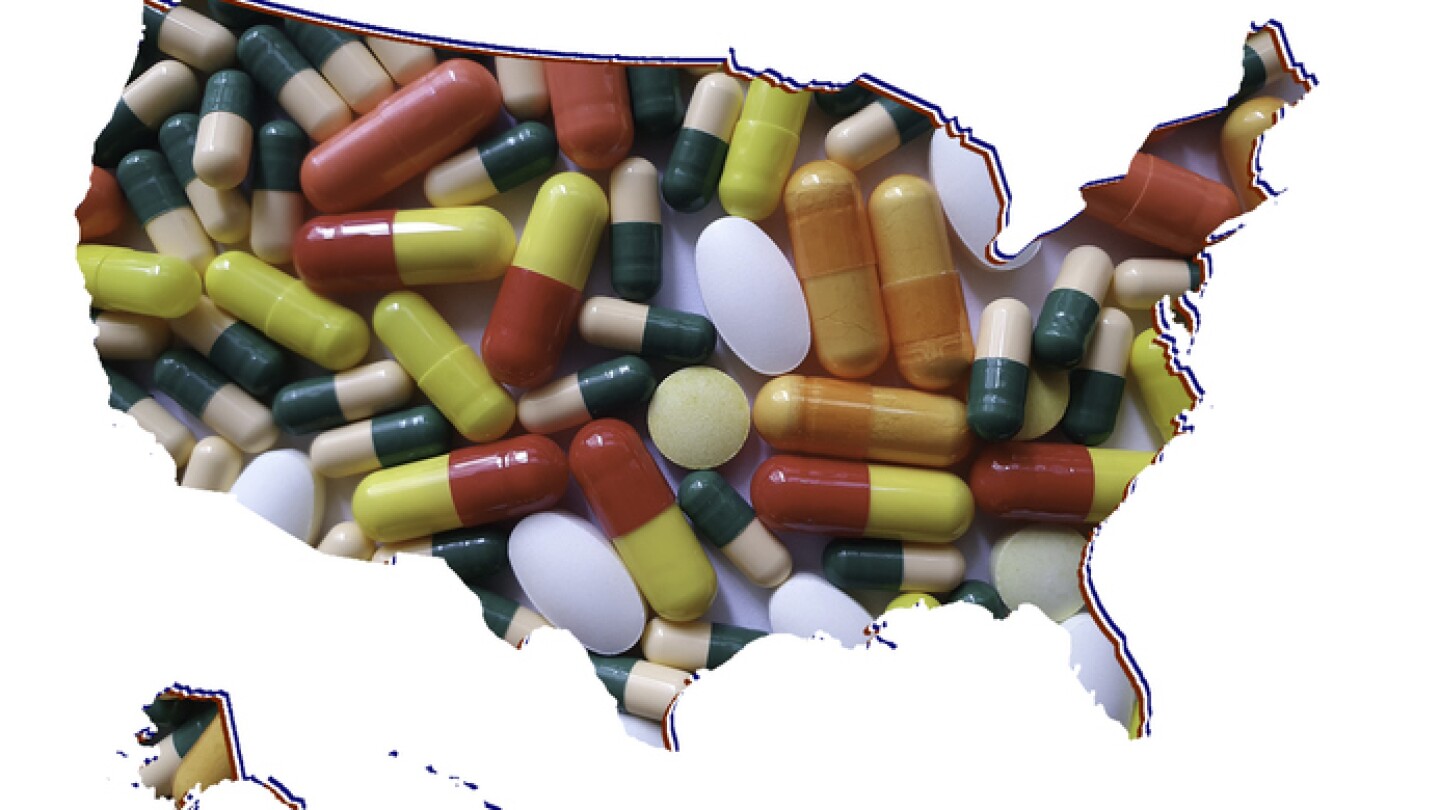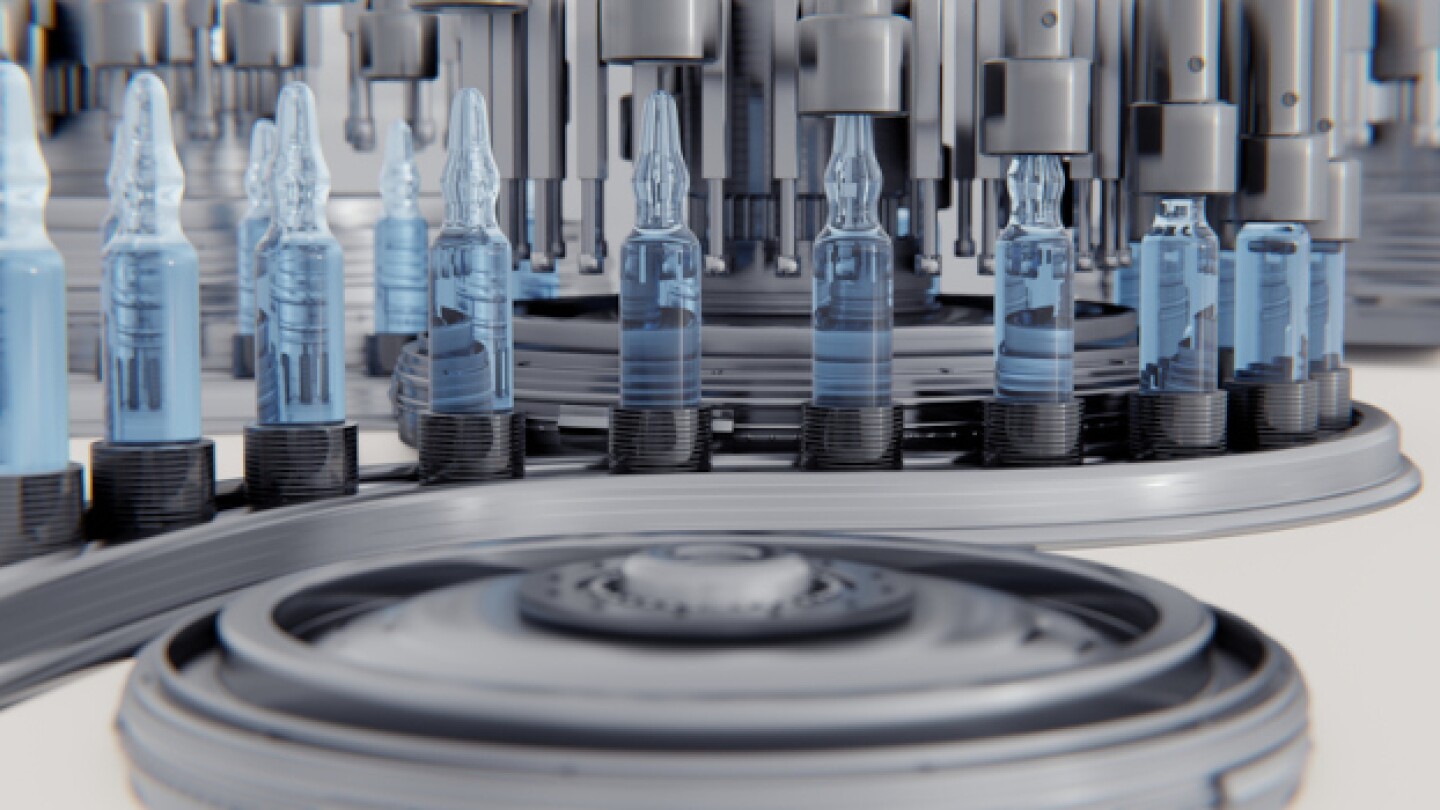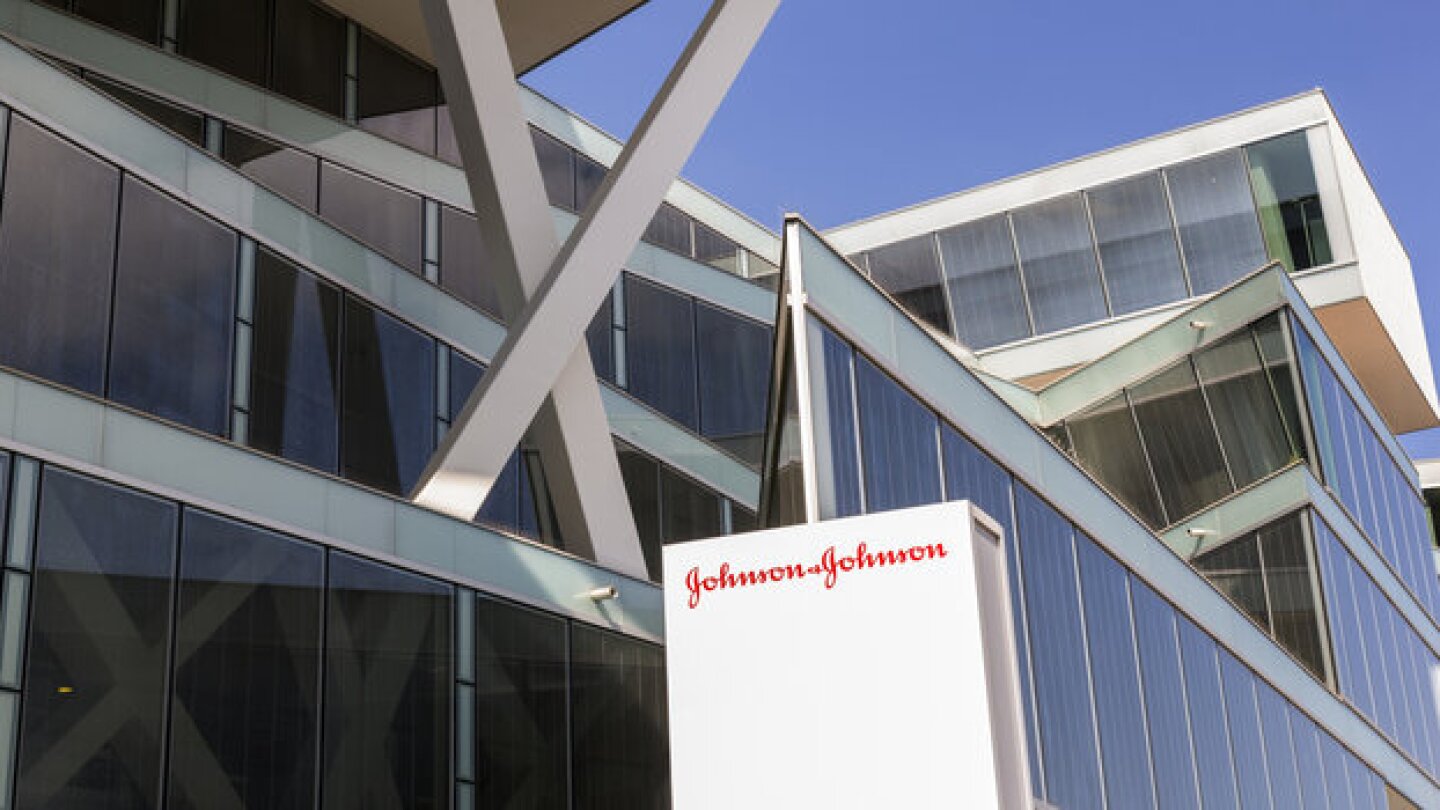Supply chain
Having targeted Hims & Hers last year, the FDA has issued warnings to more telehealth companies over their promotion of GLP-1 drugs used to treat diabetes and obesity. In one case, compounded products were linked with multiple ER visits.
The Denton site is part of a network of manufacturing plants Novartis is building across the U.S. to make cancer drugs that must be shipped to patients quickly.
The limited supply of this common reagent is set to drive drug prices higher, but there are ways for companies to lessen the impact.
Regulatory challenges have been even more top of mind than usual given recent upheaval at the FDA. BioSpace spoke to three industry experts about key issues, which include applying new artificial intelligence guidance. The experts also shared advice for working with regulators.
Obesity took center stage on the first day of the 2026 J.P. Morgan Healthcare Conference, with industry frontrunners Eli Lilly and Novo Nordisk providing supply chain, regulatory and pricing updates.
The industry’s ability to generate a return on billions of dollars of investment rests on a heavily regulated supply chain defined by time-pressured logistics.
Some observers see risks to becoming over-reliant on local facilities, noting the potential need for trade partners if domestic production is disrupted.
While trade groups hail the executive order as a national health security opportunity, analysts warn that production costs could go up in the near term.
Among the problems cited were cat hair, bacterial contamination and instrument defects.
President Donald Trump first threatened pharma tariffs in February and recently said they were imminent. Johnson & Johnson’s new investment adds to a $55 billion pledge made by the company in March.
PRESS RELEASES










